Gettysburg Address (1863)
... government of the people, by the people, for the people, shall not perish from the earth
Was Abraham Lincoln talking about Democratic Socialism way back then?
Let's break down this idea of government by looking at the bookends of that description to better understand what is between them.
On one end we have ...
OF the people = Democracy
Premise: The origins of any legitimate society must come from the people.
At its most fundamental, this is: One person - one vote. Everyone has a say and we decide on a course of action by having everyone weigh in. This is a sort of free-market approach to decision making. It presumes to be the best answer, regardless of how it fits into any larger question, or how it might impact others.
But, should a simple majority decide our collective fate on every question?
How do we avoid the Design by Committee outcome?
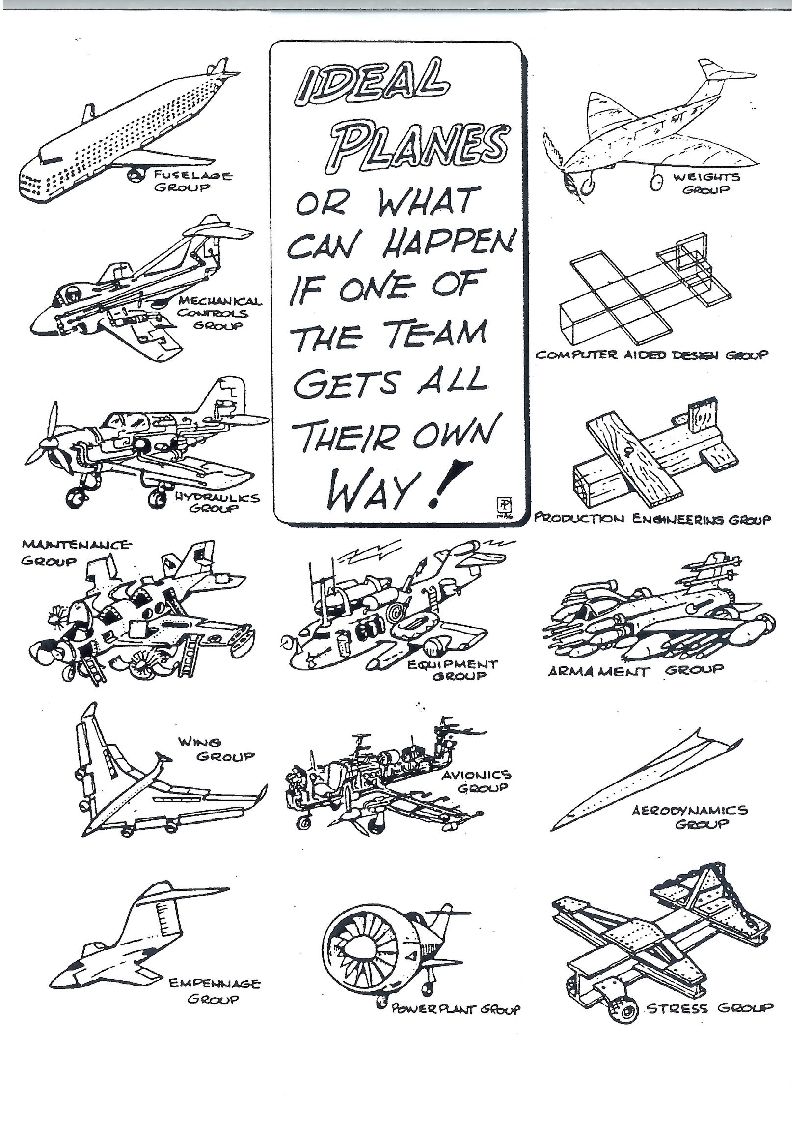
What about the rights of the minority? How do we avoid pitfalls of Mob Rule?
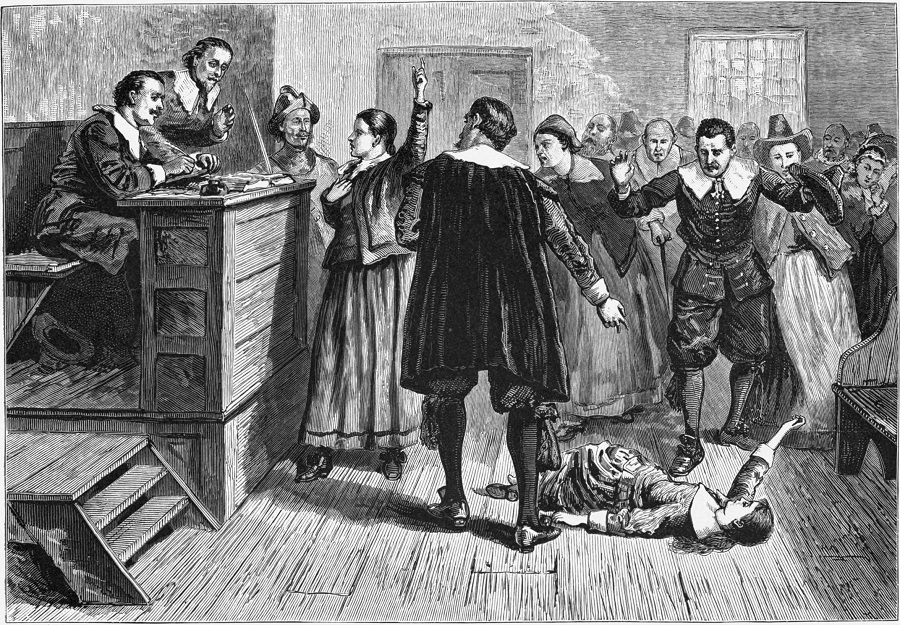
What about simple logistics? When every choice requires a vote, must every person have an opinion on every issue? How granular does this get?
On the other end we have ...
FOR the people = Socialism
Premise: The end result of any legitimate society must benefit the people.
At its most fundamental, this is: Greatest good for the greatest number. The society as a whole must take precedence over the individual, just as the fate of a body must be of higher importance than the fate of a cell. It presumes whatever is good for society, will necessarily be good for each of its members. This is, after all, exactly how any larger organism needs to behave if it is going to survive.
But, who decides what is best for society? What sort of a society provides the best outcome? Does individuality even still matter in such a society, and is that a kind of society we want to live in?
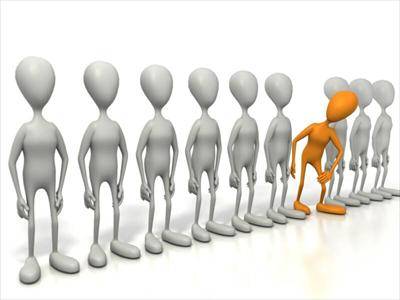
How much should one be asked to give up so that others may have? Should life itself be forfeit?
The connection...
How do we govern ourselves in such a way as to provide the greatest level of individual freedom, while achieving the greatest level of good for the greatest number?
The connective tissue that binds these two ends together is the answer to this question of "how".
BY the people = Representative Republic
Premise: The mechanics of self-governance require a delegation of authority
The answer is Democracy + Socialism, or Democratic Socialism.
The understanding was that we are the government and we decide what is in the best interests of society and our Earth. We delegate our interests to a select few who speak and act on our behalf. That was clearly the promise that was made.
But that's not how it turned out after 240 some odd years.
So what went wrong?
How did we get to a place where only the interests of wealth and power are considered?
These graphs show how responsive our government is to policy preferences of the elite (top 1%), compared to how well it responds to the preferences of the average citizen (the 99%).
The bold line plots show how likely a policy is to be adopted (left scale) vs how popular a policy is (% favorably along the bottom).
The lower graph shows how we should expect our government to behave, where it is more likely to adopt polices that have greater than 50% support, and less likely to adopt policies that are disfavored.
Unfortunately, when we look into cases for average citizen in the upper graph we find a policy is no more likely to be adopted based on our preferences, and it's just as likely for our government to adopt a policy we do not agree with.
So our government is working -- it's just not working for you and me -- it caters to the preferences of the elite and the special interests.
Arguably, this is the place we have always been. But it clearly doesn't square with the promises made by the founders of this country and it certainly doesn't mean we should abandon the idea of working toward a "more perfect union".
What happened is that money morphed into speech, and those who had more money had a bigger megaphone.
Our representatives came to represent the interests of their donors rather than the interests of their constituents.
We need new math to solve this
Since corporations as we know them today are relatively recent developments and the inequality has only intensified under this rigged system, it becomes clear we need a new calculus.
Corporations =/= People
Money =/= Speech
We The People should have the ultimate collective say in how our lives are going to be shaped, and what is going to be asked of us in return.
It is supposed to go like this:
- PEOPLE
- Government
- corporations
In that order.
Corporations exist at the pleasure of Government
Not the other way around. The PEOPLE empower our government with the ability to create or extinguish corporations. They do so by means of demanding a corporate charter that meets a public need before issuing a license to operate in the public sphere.
WE also set and enforce the rules and regulations with which corporations must comply in order to maintain that license.
In that landscape, if profit alone is insufficient motivation for the private sector to meet the public need, then we MUST use the power of government to fund directly the things we deem important. Things like infrastructure, health care, science, clean air and clean water.
In a similar vein, the power of the people to form unions is a bulwark against the corporation and it's capital, from becoming too powerful in the everyday lives of it's workers.
Organized LABOR is the answer to organized MONEY.
How do all these things fit together?
These charts tell a story of interrelatedness among the ideas of: Labor and Capital vs. Environment and Profit vs. Justice and Power.
Each of them are worthy of a moments study before we move on to the role of political parties in all this.
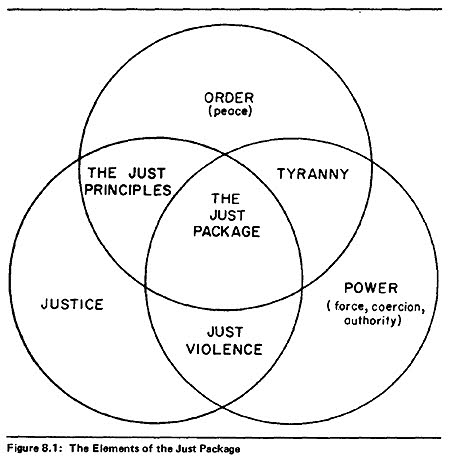
This shows the balance in social space between contrasting notions of Order, Power and Justice
Society must find this balance in a "Just Package" ensuring it is equally applied to all members
Imbalance, for any segment of society leads to tyranny, violence or both
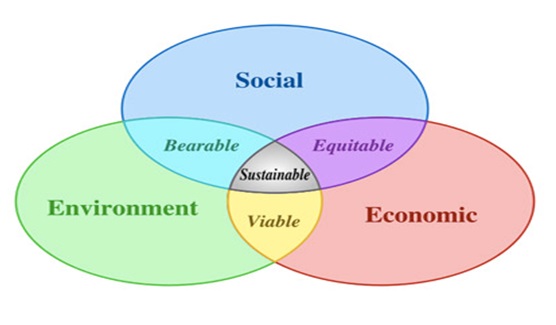
Where Socio-Economic interests meet the Environment is Sustainability
This determines how long a society can continue in a closed system such as Earth
There is no "Planet B"
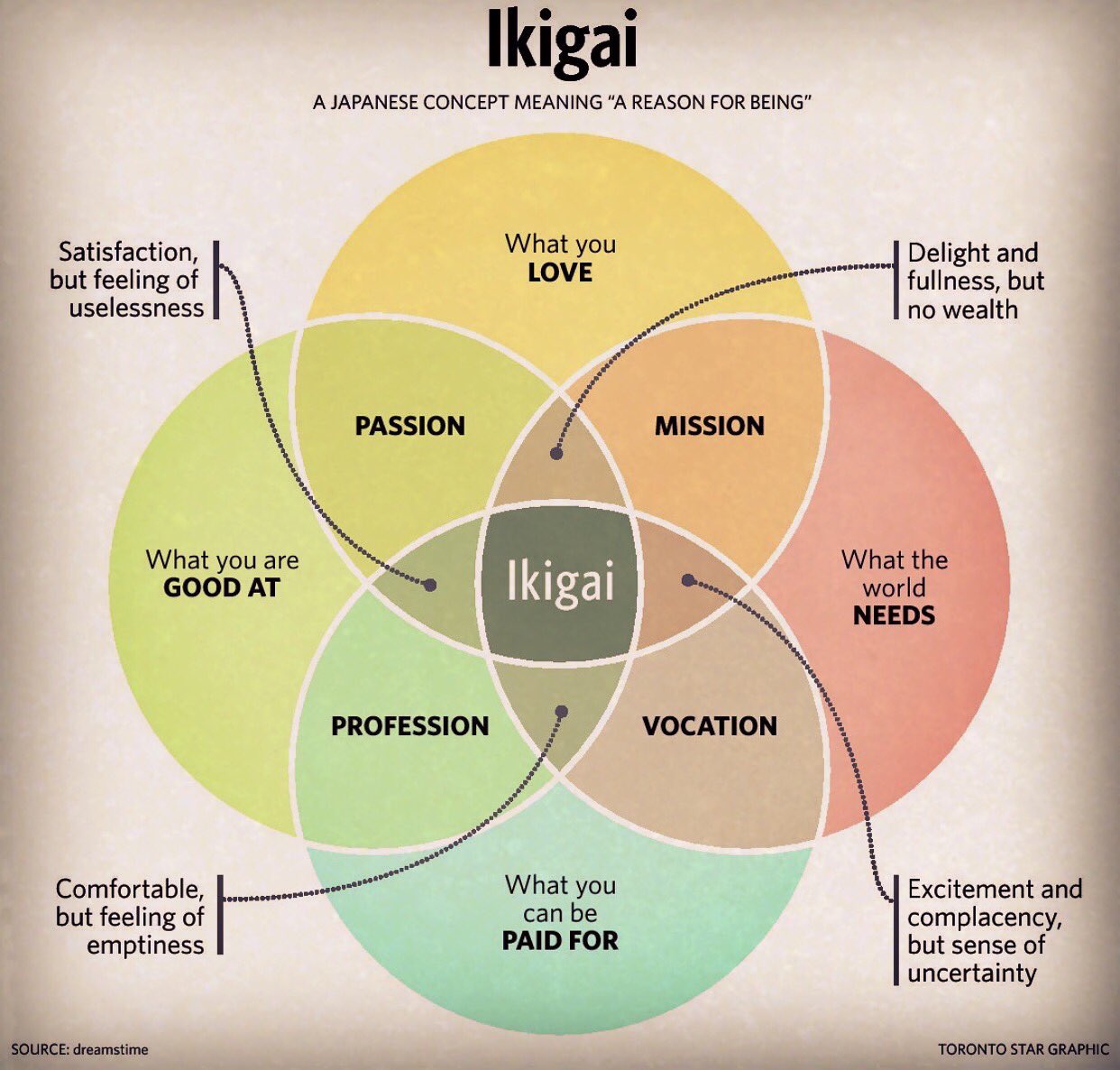
Finding your true purpose in life is made possible by a Just Society
A Just Society fosters the kind of insight, self-awareness, compassion and pragmatism needed for all these spheres to operate at the same time
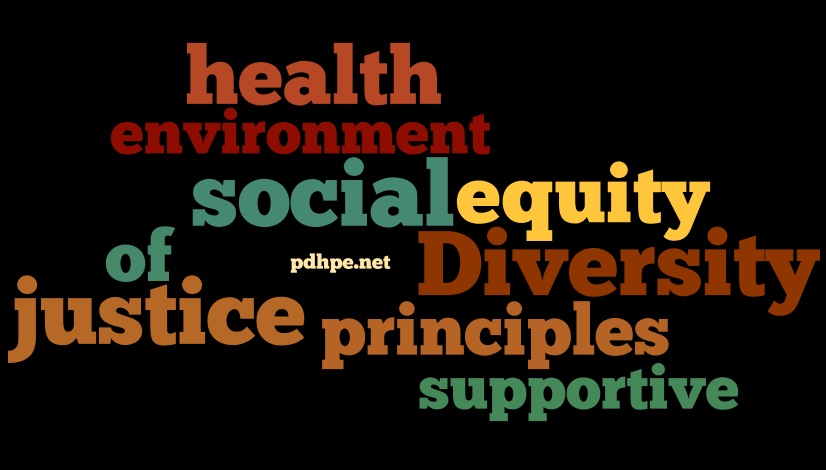
This word cloud introduces the idea of individual health into the Socio-Economic relationship
Social justice and evrionmental justice each promote health and visa-versa
Further Reading
The highest court in the land seems to be on both sides of this issue, but in neither case was it on the side of the PEOPLE.
Justice Rehnquist, found that by asking for money for leafleting—their form of speech—the Hare Krishnas were being “disruptive” and posing an “inconvenience” to others. In other words, in the court’s view, some people’s money is speech; others’ money is annoying.
-- David Kairys at Slate